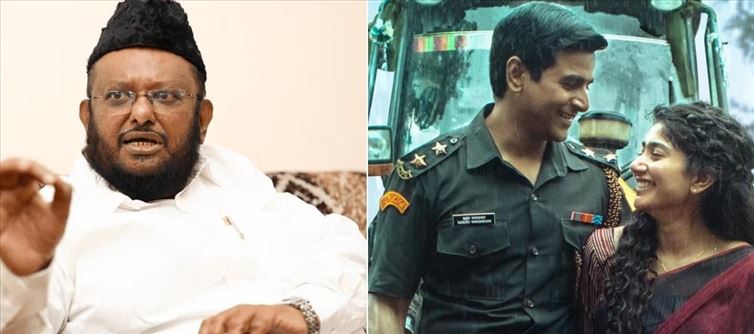
According to him, Amaran is another example of cinema being used as a vehicle for ideological bias, similar to films like The kashmir Files and The kerala Story. He condemned Kamal Haasan's production company, which produced Amaran, for creating films that he claims propagate negative stereotypes about Muslims, as seen in previous releases like Unnai Pol Oruvan and Vishwaroopam. Vanathi Srinivasan, a bjp executive, has even suggested screening the film in schools, which, according to Jawahirullah, signals a Sangh Parivar-influenced agenda.
The film, he argues, disrespects the “half-widows” of Kashmir—women whose husbands have disappeared amid political turmoil, leaving them in a state of lifelong uncertainty. He states that Amaran overlooks the trauma and sacrifices of those who peacefully advocated for land rights and self-determination, instead labeling them as terrorists without sympathy for their hardships. He also criticizes the portrayal of indian Muslims, highlighting the patriotism and bravery of Muslims in India’s military history, such as Havildar Abdul Hameed, who received the Param Vir Chakra for his sacrifice in the 1965 India-Pakistan war. Further, Jawahirullah mentions Muslim heroes from the Kargil war and other conflicts, emphasizing that indian Muslims have continually proven their patriotism.
He urges the tamil Nadu film industry to reject narratives that distort history, incite communal hatred, and dismiss the struggles of marginalized communities. According to him, films such as jai Bhim and Mamanithan promote social harmony and should serve as models for the industry. Amaran, however, he contends, does the opposite, perpetuating divisive rhetoric that aligns with the RSS-BJP ideology. He also criticizes the bjp government for abrogating Article 370, viewing it as an injustice to kashmir rather than a solution. In conclusion, he calls upon political leaders and filmmakers to ensure that cinema supports social justice rather than sowing discord.




 click and follow Indiaherald WhatsApp channel
click and follow Indiaherald WhatsApp channel